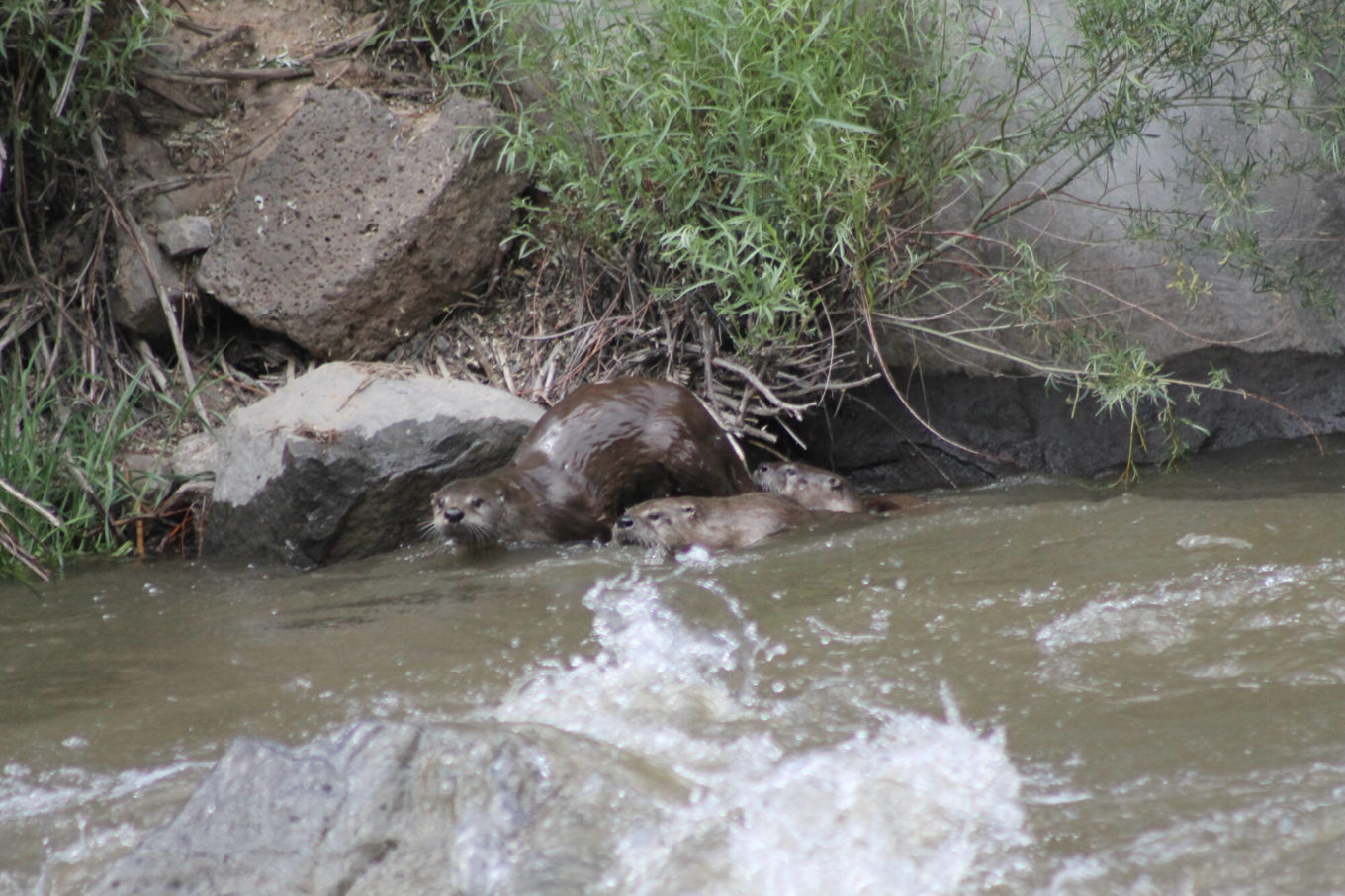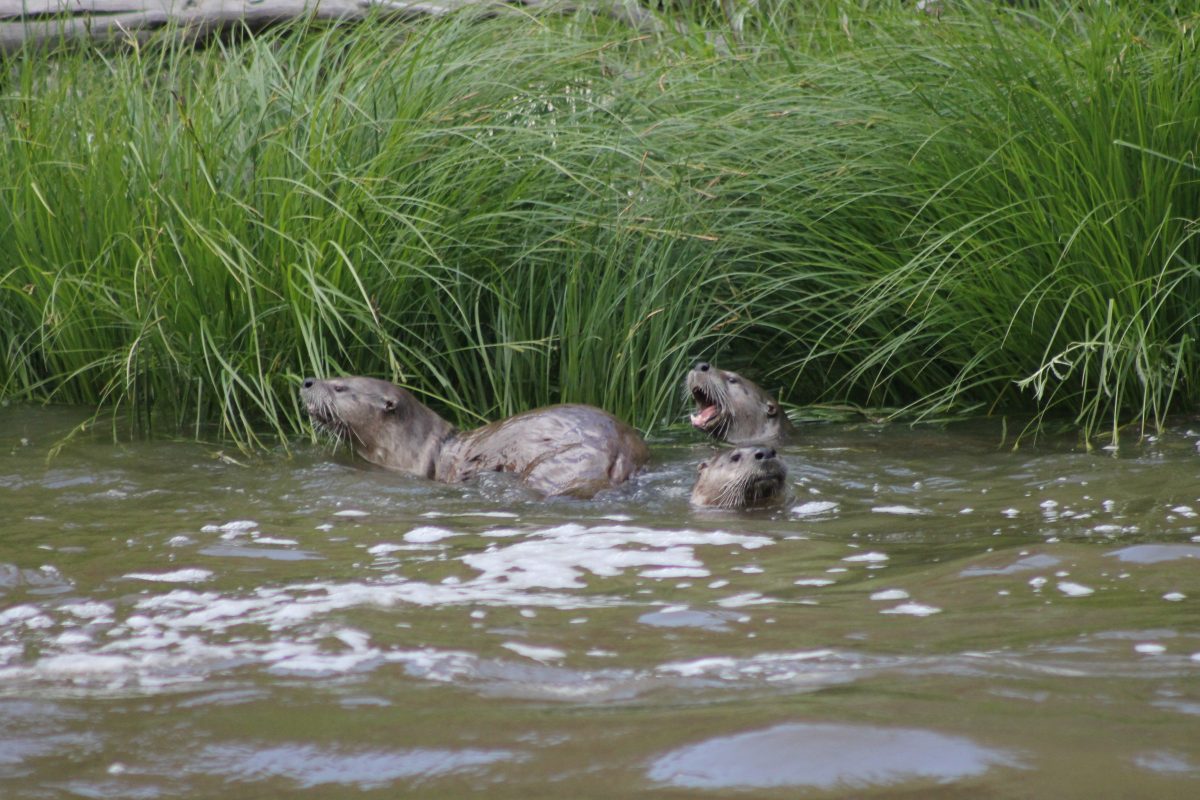Rio Grande Racecourse Half Day
$60 Child


The North American River Otter, a social member of the weasel family, was a common resident on the Rio Grande for thousands of years, up until about 1953. Because of unregulated trapping, pollution, and deforestation, these animals that once held the spot at the top of the food chain on the Rio Grande became all but non-existent for about 60 years.
Between 2008-2010, there were 33 otters that were released back into the Upper Rio Grande, relocated from Washington state. The organization Amigos Bravos has set up an “otter-cam” near John Dunn Bridge on January 28th, 2016. They have been monitoring the growth of the otter population since the re-introduction 8 years ago. A huge effort by Amigos Bravos, New Mexico Friends of River Otters, USDA Wildlife Services, Taos Pueblo, and the U.S Bureau of Land Management has largely been a success to reintroduce the otters and increase the population here on the Rio Grande.
Alternately, the efforts to do so in The Gila River have been brought to a stand-still through New Mexico wildlife officials. Though the otters main diet is generally larger and slower moving (non-native) species of fish like carp and bass, as well as crayfish, some officials are still worried about the waning populations of native fish in the Gila. The otters are most likely to eat the nonnative fish, though there is a chance that the otters could contribute to a bigger drop in the already dangerously low populations of the native fish species. Considered somewhat of a gamble here on the Gila, about 20 other states have had at least some success bringing their native fish species populations back up with otter reintroduction; the populations of the invasive, non-native fish species have dropped enough from the otters to have a positive impact. The effort to get the otters reintroduced to the Gila river will definitely continue.
Rio Grande Racecourse Half Day
Rio Grande Gorge Rafting Full Day